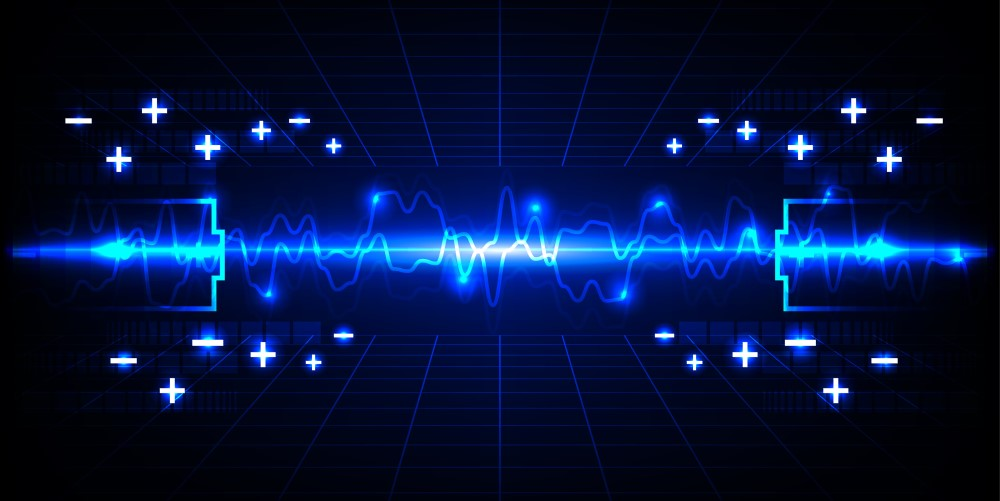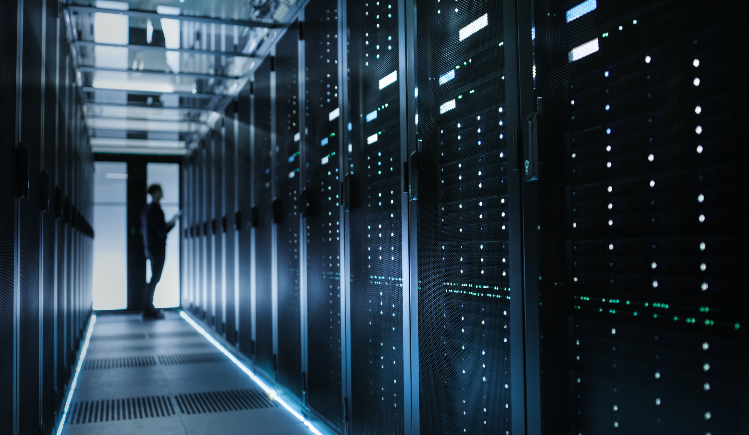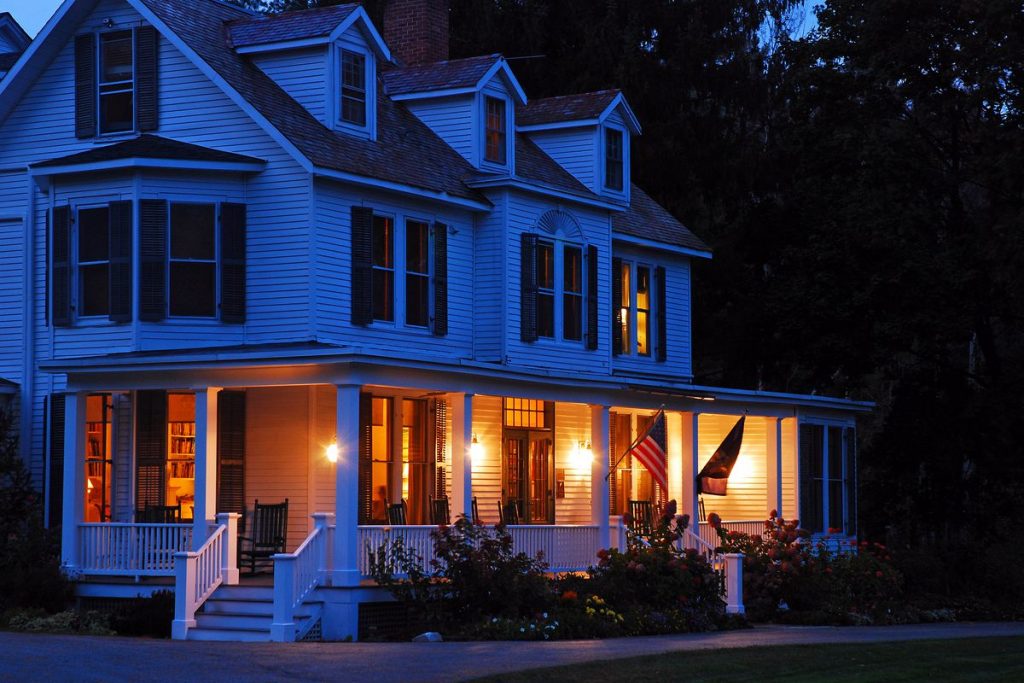
Power outages can range from minor inconveniences to life-or-death challenges – unfortunately, they are becoming more common and more severe. If you are concerned about the reliability of your grid, a solar backup generator system may be just what you need.
You can design systems for everyone from suburban homeowners to remote mountain lodge dwellers for every purpose and budget. Let’s take a look.
What is solar backup generator
If you’re like most people who live in a traditional home or apartment, you’ll get your power from a grid maintained and operated by your local power company. This is your main source of energy.
But what happens when the electrical system doesn’t work? Maybe the wire is shorted, or your system is overloaded. That’s where solar backup generator comes in. Backup power generally refers to various electrical systems that keep lights on when the main power fails. They also power appliances and equipment you may need during a power outage. Energy sources you can use include battery backup, solar, wind, or portable or stationary generators. We’ll take a closer look at each of these options below.

How does solar backup generator work
Backup power can work in a number of ways, depending on the type of system you’re using. The most basic systems may require you to set up a generator or at least turn on one. Meanwhile, high-end and advanced solar backup generator sources may be activated automatically, ensuring uninterrupted power flow.
Some backup power systems require you to periodically refuel or store a certain amount of battery power. Advanced systems can even generate their own energy using wind or solar power.
Who uses solar backup generator
Backup power is not just for one type of individual, business or institution. A large and diverse group of electricity consumers need reliable backup to keep power flowing even if their regular power system fails.
Top of the list is that a business or other organization cannot be powerless at all, even briefly. These include telecom service providers that keep local communications running on electricity. Still others rely on a steady supply of electricity to support everything from patient food preparation to emergency surgeries to life-support machines.
Any critical system should have a solar backup generator source, such as a substation or factory, where loss of power could severely impact production or damage expensive machinery. Also consider organizations such as the military, police and fire departments. Without backup power, the people these groups serve are largely at a loss until power is restored.
Recreational users also sometimes need backup power. These include RV drivers, especially those who live in their rigs full-time, and liveaboard crews, who also call their boat home. While electricity is generally not as urgent as the aforementioned groups for RVers and boaters, these people still rely on electricity. It powers their lights, helps them navigate, and even powers portable medical technology they may rely on.
Residential backup power is also in great and growing demand. While the needs here are generally less dire, it can remove certain frustrations and expenses. Emergency power supplies will be appreciated by those who repeatedly deal with problems such as food spoiling, inability to work, or heat or cold that can be a health hazard. Also, as more of our leisure time is spent on electronics, an unreliable power supply can ruin a relaxing evening!

Why is solar backup generator important
Solar backup generator is a vital resource for many reasons – from your comfort and convenience to your health.
Uninterruptible power supply
While not every backup power system offers this benefit, many offer seamless power. If your central power system fails, it kicks in immediately. This means you won’t be stuck in the dark or unable to use essential equipment or systems while setting up your generator.
For medical devices, it can be a matter of life and death. It also prevents minor hassles like resetting the digital clock or restarting your internet router.
Run critical equipment
Many people can live without most of their electronics, but losing critical equipment can be uncomfortable, frustrating and, at worst, dangerous. With a backup power system, you can keep your refrigerator and freezer running. No more unpleasant food spoilage and expensive restocking.
Your stove will keep you warm in the winter, and fans and air conditioners will keep you cool in the summer. Those who rely on water pumps also won’t have to worry about losing well water. The sump pump will continue to run and help prevent indoor flooding.
Stay connected
Staying connected can mean scrolling through social media while waiting for power to come back. Or being able to communicate or seek help from friends and relatives. In the best-case scenario, you can go on with your normal life, making phone calls and browsing the internet whenever you want. In a worst-case scenario, you can monitor severe weather or other events and keep in touch with loved ones.
Peace of mind
A solar backup generator system means you’re not immediately inconvenienced or thrown into chaos by the health of your traditional grid. No more worrying about severe storms or supply and demand issues that cause power shortages. Often you can’t do something so simple to take the stress out of something we rely so strongly on.

What is the best solar backup generator source for a power outage
When building a backup power system, there are several options for generating electricity in the event of your primary power failure. Consider your situation and the strengths and weaknesses of each when choosing the best one for your situation.
Battery backup system
This developing technology powers some or all of your home’s circuits from what is essentially a giant battery. These systems are permanently installed in your home and may also be connected to the entire grid. When not needed, they charge the battery and can then is used when the power goes out.
Battery backup systems can be expensive, depending on how much energy storage you need. Since battery packs are often used in conjunction with off-grid power generation systems, battery packs usually don’t have to provide all the power all the time. They are often sized to provide critical power during times when electricity cannot be generated (i.e. during the night of the solar system), or to maintain critical systems when alternative generation begins.
Large home systems can cost thousands of dollars. But for many, it’s worth it.
Solar generator
Solar energy is becoming an increasingly popular form of solar backup generator as systems become more affordable. They’re an excellent choice for a completely off-grid power setup because they can keep generating electricity indefinitely as long as there’s plenty of sunlight.
Solar generators work through panels or arrays of panels that capture sunlight and convert it into electricity. The resulting current is usually passed through the charge controller and then stored in the battery pack for later use.
Unfortunately, depending on your power needs and how often you use it, solar systems can range from moderate to extremely expensive. Keep in mind that in low-sun climates or shaded areas, you may need many panels and huge spaces to set them up.
Permanent or stationary generator
Generators are the most traditional form of solar backup generator. They have a long history of keeping the lights on when the grid goes down. You’ll install permanent or stationary generators outside your home and turn them on or off as needed in the event of a power outage. Unlike the fully sustainable solar systems we’ve discussed, traditional stationary generators require a supply of fuel to operate.
This might be a small inconvenience for some people. However, more remote generator setups may require difficult or frequent refueling. They also typically require extensive fuel storage on-site.
Portable Generator
This is the most basic backup power system option, but it can also be the most affordable. Most people are familiar with small portable gasoline-powered generators, probably from camping or boating. Typically, these will provide lower generating capacity relative to permanent generators, solar generators or battery backup.
However, they can be a great option for those who have occasional power outages and don’t need to expand their system. These users will enjoy the simple operation and relatively small storage space of this basic backup power system.
Conclusion
A backup power system is a valuable tool no matter who you are or what your power needs are. Whether you want a whole-home solar battery backup system or a regular portable generator, you can find a system that’s right for you.
Despite the preparation and cost, it will reward you many times when your neighbors are still in the dark!

